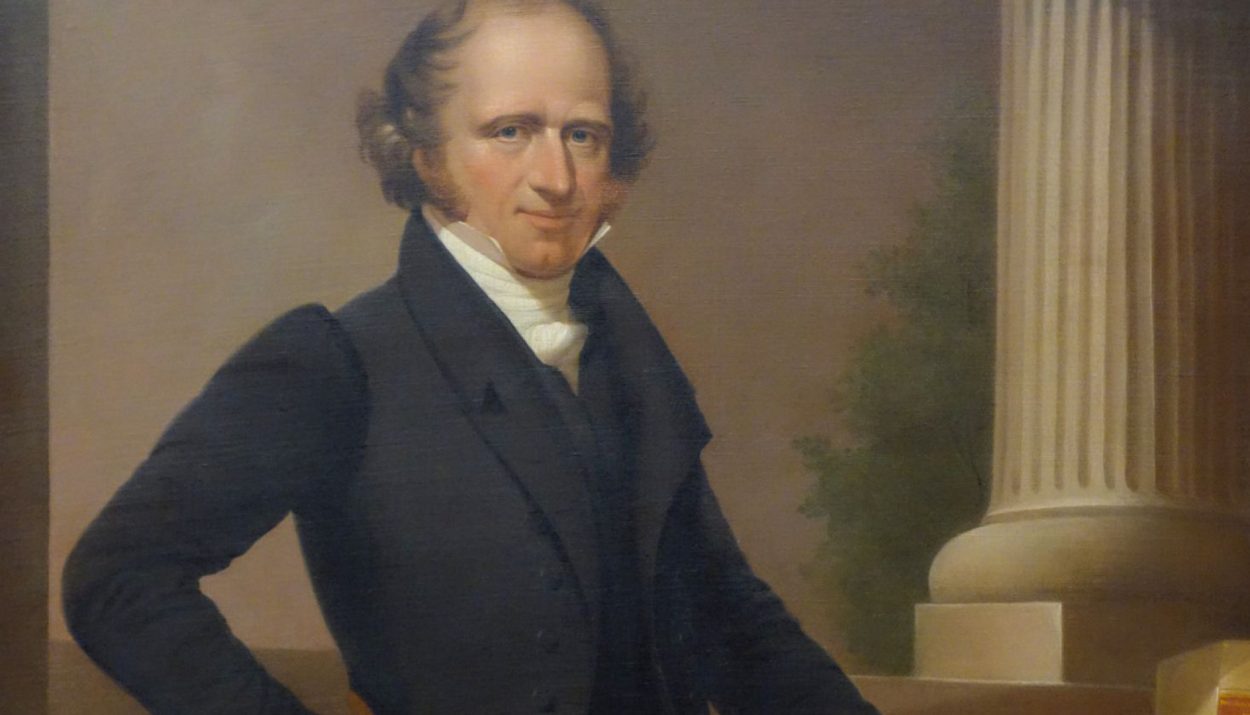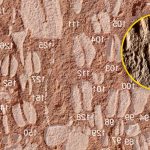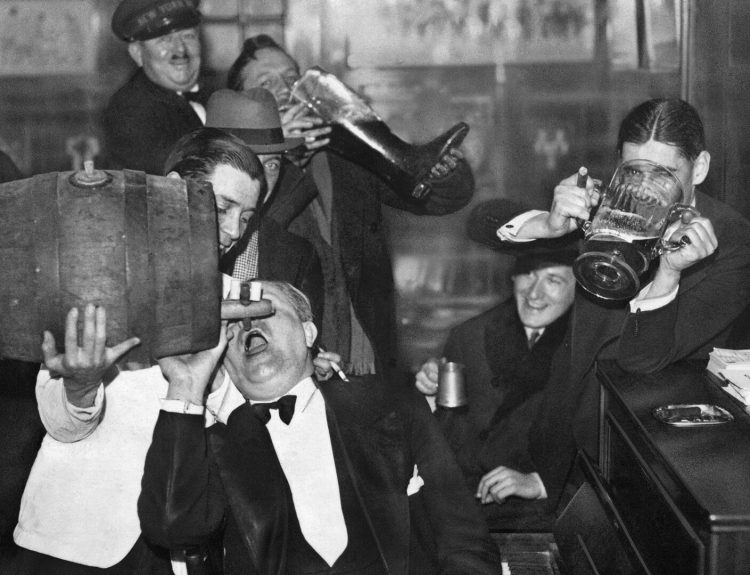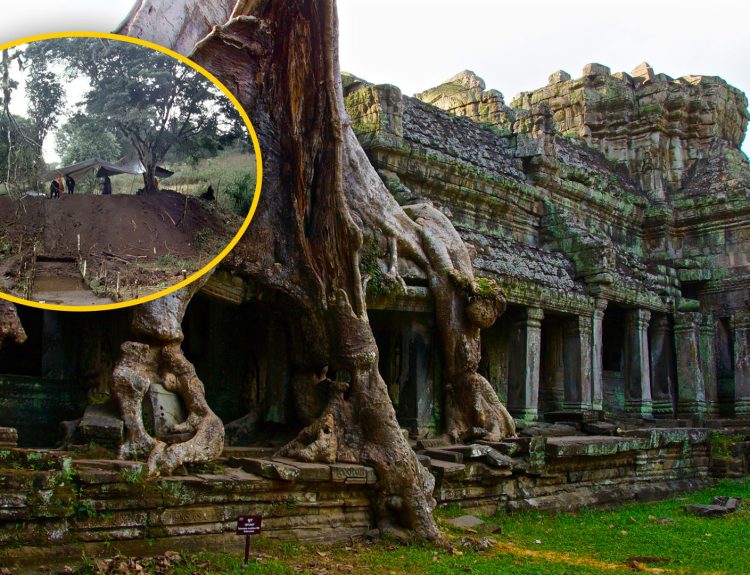It is a sad fact that in the United States was founded as a pro-slavery nation. Slavery was commonplace in colonial days, during the fight for independence from England, in for the first 89 years as a country. Slave owners were typically wealthy and owned large farms or plantations – just the type of people who became statesmen and politicians.
Before the passage of the Thirteenth Amendment to the Constitution – the amendment that abolished slavery in 1865 – one dozen United States presidents had been slave owners at one point in their lives. Eight of them even kept slaves during their term as the Commander in Chief. Let’s discover which of these presidents had terrible, slave-owning secrets.
1. George Washington
Yes, the father of our country, the general who defeated the British, and first POTUS owned slaves. In fact, George Washington owned upwards of 300 slaves at his Virginia plantation, Mount Vernon. Despite this, Washington seemed to have a crisis of consciousness about the issue of slavery. Before becoming president, he cut the number of slaves at Mount Vernon.
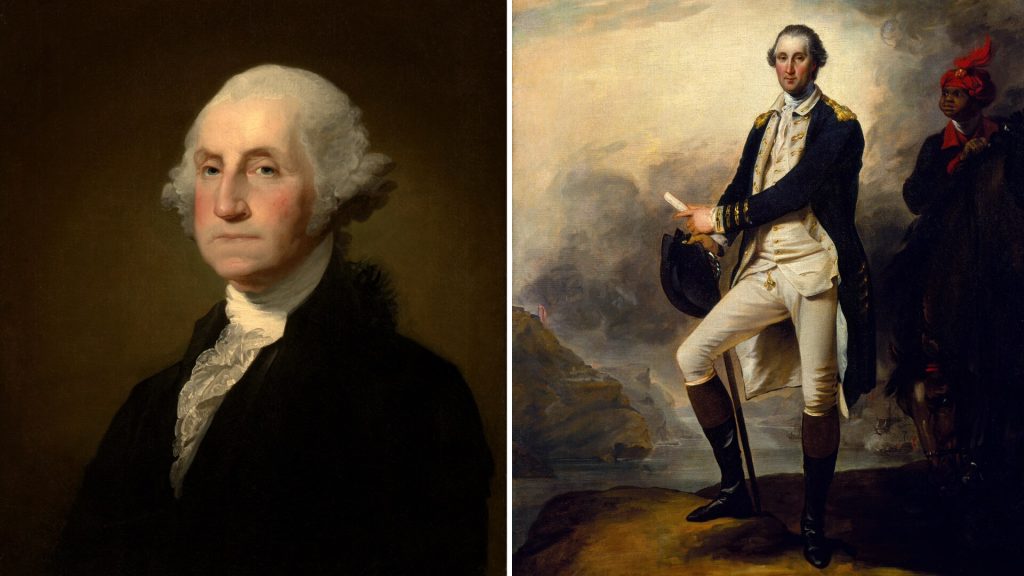
During his time in office, Washington banned slavery north of the Ohio River with the 1787 Northwest Ordinance and Slave Trade Act of 1794 which prohibited exporting slaves from the U.S. to other places. But he also signed the 1793 Fugitive Slave Law which gave slave owners the right to capture and return runaway slaves. Clearly, Washington was conflicted about slavery.
2. Thomas Jefferson
The third president of the United States, Thomas Jefferson owned a large plantation, Monticello, in Charlottesville, Virginia. He raised tobacco on his 5,000-acre plantation, relying on his roughly 600 slaves to do the backbreaking labor. Jefferson’s relationship with slavery, however, was personal.
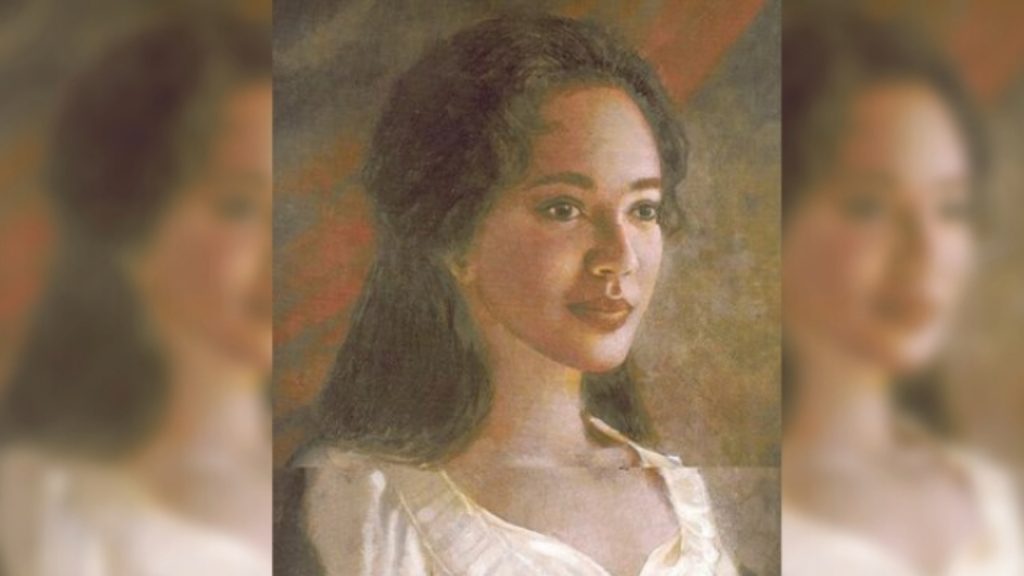
It has been proven that Jefferson fathered several enslaved children with one of the slaves he owned, Sally Hemings. Historians also believe that Hemings was Jefferson’s late wife’s half-sister, as Jefferson’s father-in-law, John Wayles, was also in the habit of having sexual relations with the African American women he enslaved.
3. James Madison
Many of James Madison’s ancestors were slave owners. Prior to becoming the country’s fourth president, he tripled the number of slaves on his plantation. As president, he denounced slavery and condemned the international slave trade. Whenever the topic of limited slavery expansion in the U.S. came up, Madison voiced his disapproval.
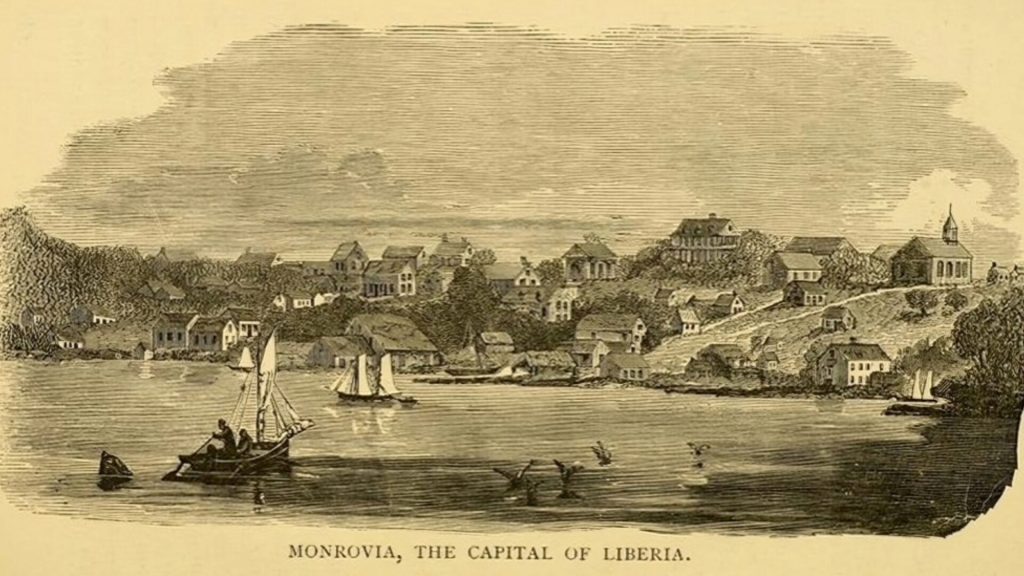
When Madison was elected president in 1809, he brought one of his slaves, Paul Jennings, with him to the White House. Jennings later wrote the first White House memoir. On an interesting side note, Madison advocated for sending freed African American slaves back to Africa. He proposed the establishment of a new African country, Liberia, and this country’s capital was named for James Monroe … Monrovia.
4. Andrew Jackson
Born into a poor family, Andrew Jackson built his fortune by using slaves on his farm and by buying and selling slaves. When he became the seventh U.S. president, he took several enslaved people with him to the White House. He had a reputation for treating his slaves cruelly … publicly whipping some of them and forcing others to wear heavy chains.
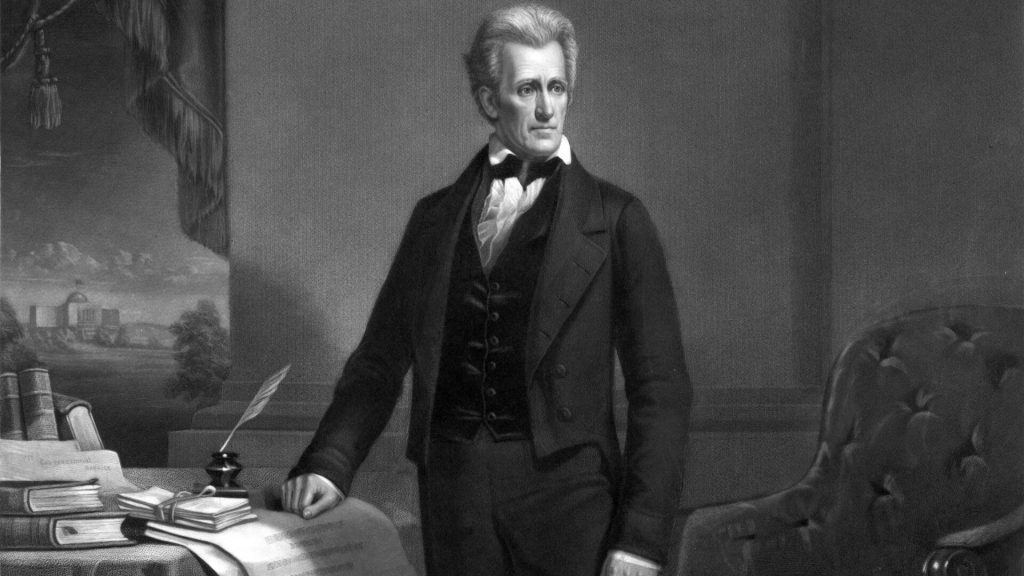
During his term in office, he shot down attempts to outlaw slavery in newly established western states, labeled abolitionists as “monsters”, and prevented anti-slavery propaganda literature from being sent to southern states.
5. John Tyler
John Tyler served as the tenth president from 1841 to 1845. During that time – and throughout his adult life – Tyler owned enslaved people. He was a staunch supporter of slaveholder rights and worked on legislation to empower slave owners.
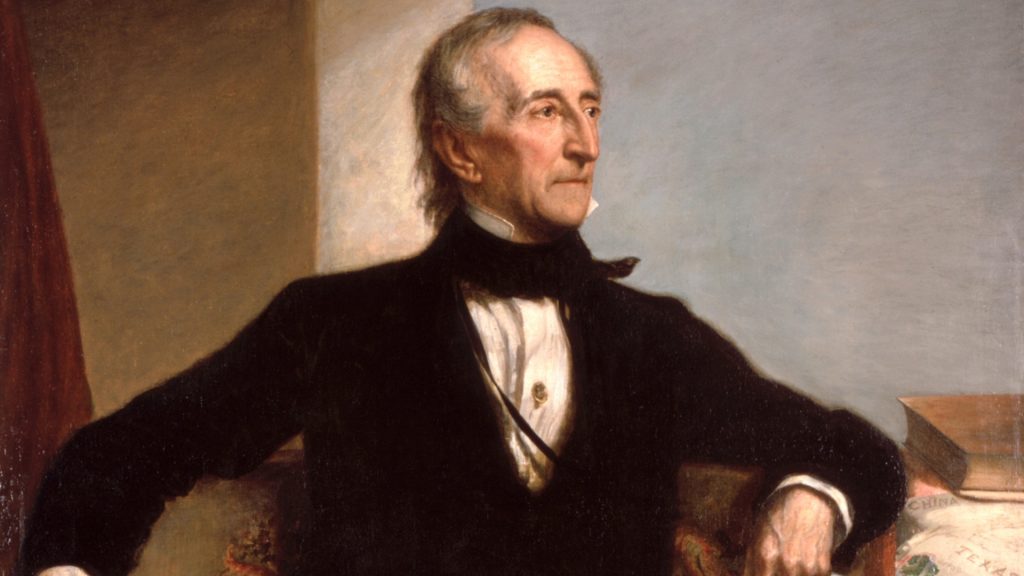
The United States was in the throes of westward expansion during Tyler’s presidency. He advocated for the expansion of slavery to new western states. He even arranged to annex Texas in 1845 on the condition that it be a slave state.
6. James K. Polk
When James K. Polk ran for president in 1844, he was elected in part because of his acceptance of slavery. The eleventh American president, Polk’s general policy was to side with slave owners and support their rights above the rights of African Americans.
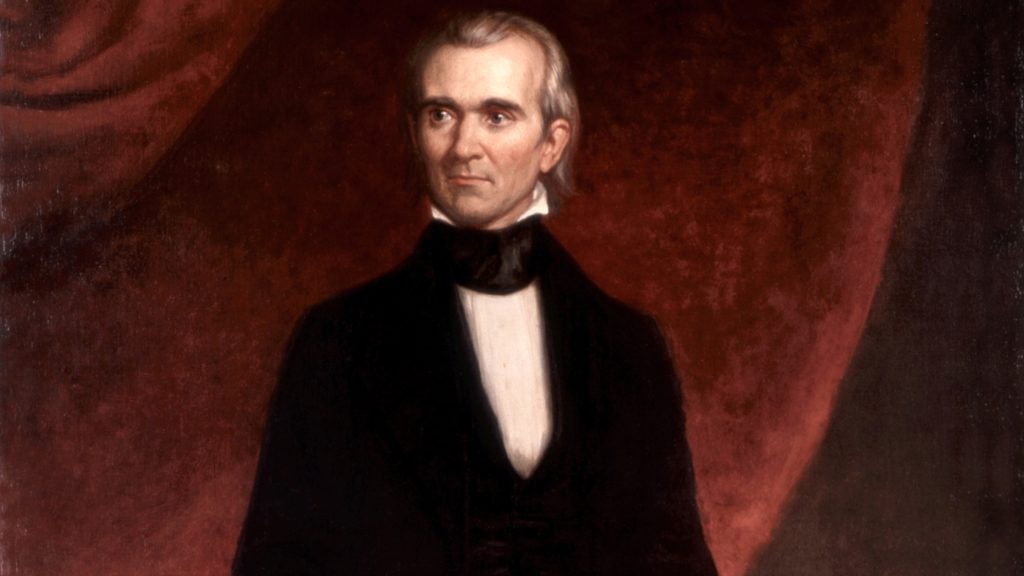
Polk personally owned several plantations, relied on slave labor, and even purchased slaves while he was in the White House. He may have thought he was being magnanimous when he stipulated in his will that his slaves be freed upon the death of his wife, Sarah, however the Emancipation Proclamation beat her to it.
7. Zachary Taylor
The twelve president, Zachary Taylor was a slave owner throughout his adult life. Historians estimate he owned at least 300 slaves. After being elected president, Taylor made it known that he did not support the Compromise of 1850. Under this legislation, California would join the Union as a free state, however the slave trade would be outlawed in Washington, D.C. It also required state law enforcement to aid federal marshals in their efforts to catch and return runaway slaves.
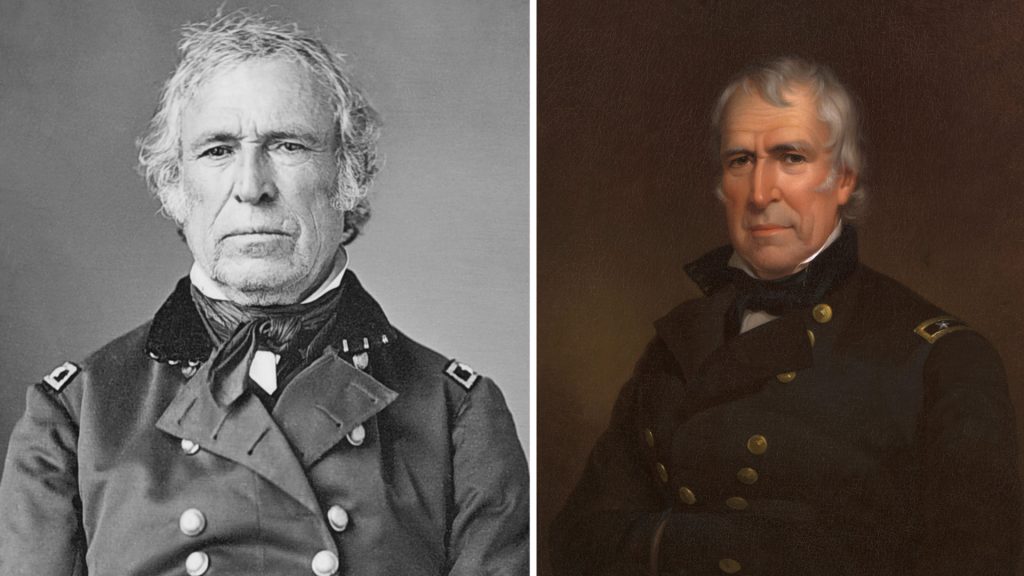
Taylor intended to veto the Compromise of 1850, but he didn’t get the chance. He died unexpectedly before he could shoot down this legislation and the bill passed under his successor, Millard Fillmore. Rumors circulated that Taylor had been poisoned by abolitionists, however there is no evidence of this.
8. Ulysses S. Grant
The 18th American president, Ulysses S. Grant, was the last POTUS to own a slave … but he only had one slave. When he married his wife, Julia Dent, in 1848, her father gifted her with four slaves and gave Grant one slave, a man named William Jones. Grant freed Jones in 1859.
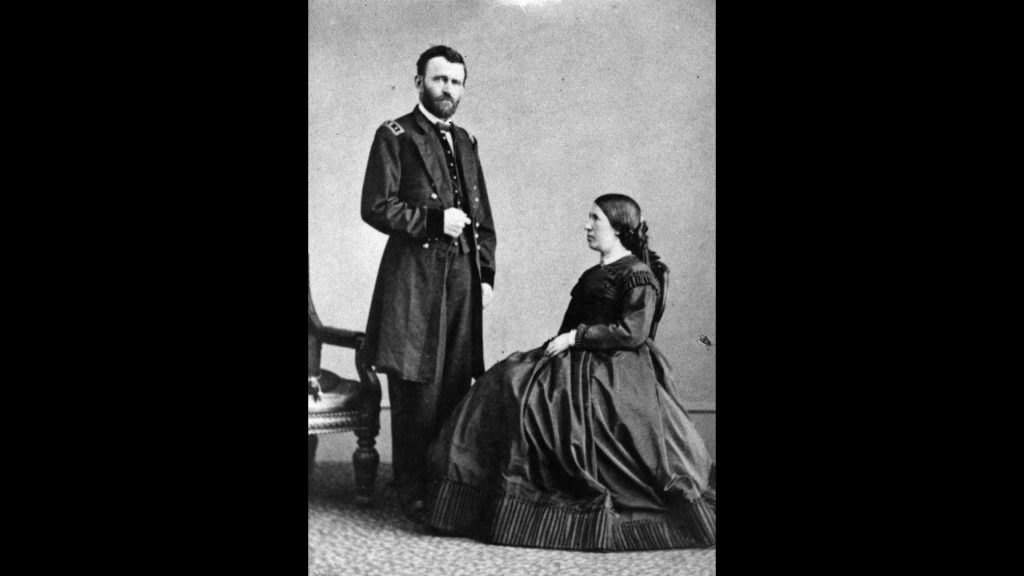
As for Julia, she retained her four slaves through the Civil War. When the Emancipation Proclamation was announced in 1863, she freed all four of them, even though she was living in Missouri at the time and the Emancipation Proclamation did not include this state.
9. The Other Three Slave-Owning Presidents
Three other United States presidents – Martin Van Buren, William Henry Harrison, and Andrew Johnson – owned slaves in their earlier days, but did not own enslaved people during their terms as president.
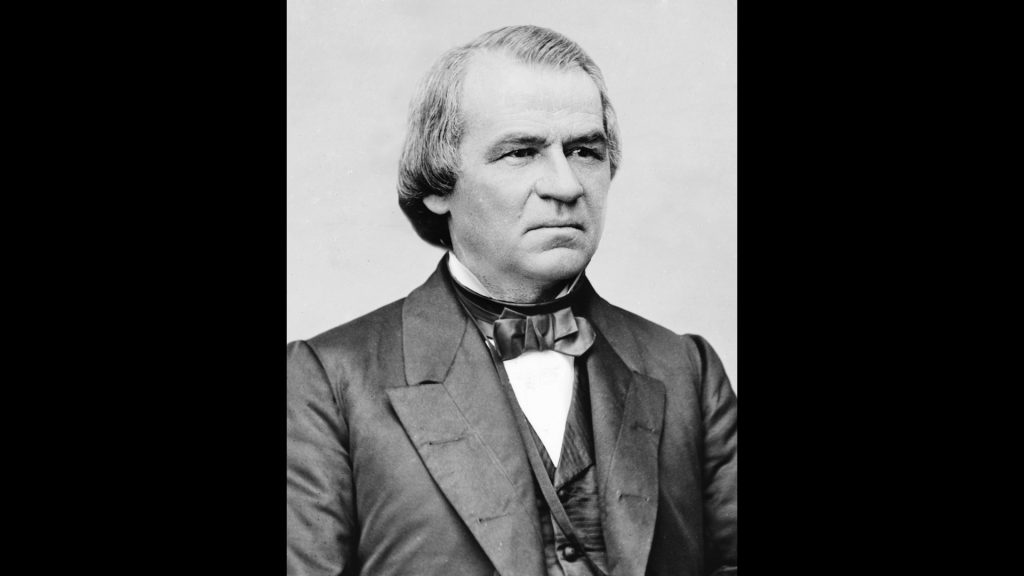
Van Buren owned just one slave, a man named Tom. When Tom escaped, Van Buren didn’t try to recapture him. Harrison inherited eleven slaves from his father and even tried, unsuccessfully, to legalize slavery in his native Indiana, but he no longer owned them when he assumed the presidency. At one time, Johnson owned nine slaves. In fact. Lincoln purposely chose Johnson as his vice president to appease Southern slave owners. But Johnson had freed his slaves during his vice presidency.

